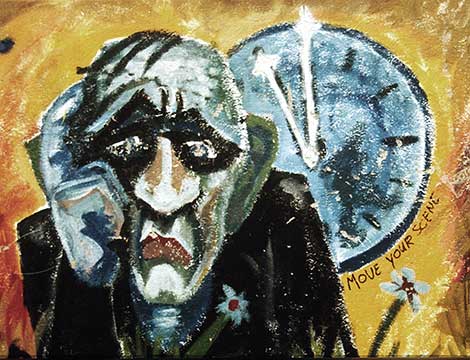These days, the pulse of the world’s political health is running fast. The general prognosis is terminal, the end of the international world order, as we know it. But determining what order we are on the verge of losing could do with more diagnosis, including tracking the symptoms of the disorder (and order) back to their beginnings. One of the useful roles that historians can play in this regard is to offer a longer view of what we have lost, or, at least, the international order that seems to be disappearing from view. So bear with me as I offer a “Cook’s tour” of two centuries in search of the point where the end possibly began, in order to understand better the history of the aims—or “ends”—of international order itself.
1814?
European historians have long assumed that the early nineteenth century made “international” politics possible: In 1814, after decades of continental wars against French hegemony, a coalition led by Russia, including Sweden, Prussia, Austria, and Britain (as well as some smaller now non-existent sovereignties) emerged victorious and established what became known as the “Congress system.” At its most basic, this comprised negotiations through discussion—famously identified with the Congress of Vienna—and transnational cooperation in the interests of permanent peace. In the years that followed, ambassadorial conferences in London, and occasional conferences around the smaller towns of the European continent, became a method for managing territorial and ideological flashpoints. Within a few years, the British foreign minister Lord Castlereagh confidently reported to his Prime Minister the practical value of this transformation of European politics:
how much solid good grows out of these Reunions, which sound so terrible at a distance. It realy [sic] appears to me to be a new discovery in the Science of European Government at once extinguishing the Cobwebs, with which Diplomacy obscures the Horizon – bringing the Whole bearing of the system into its true light, and giving to the Counsels of the great Powers the Efficiency and almost the simplicity of a Single State.[1]




